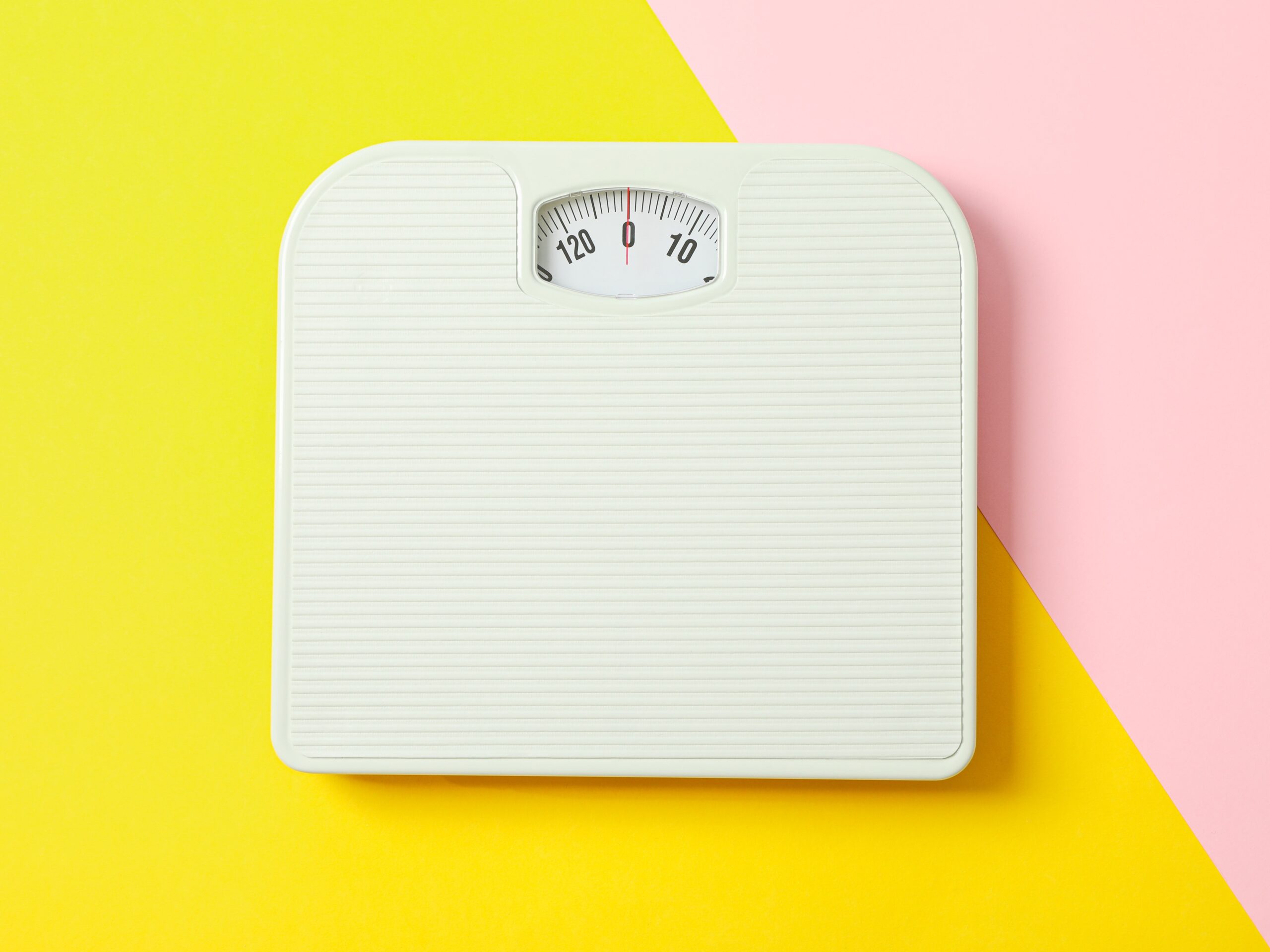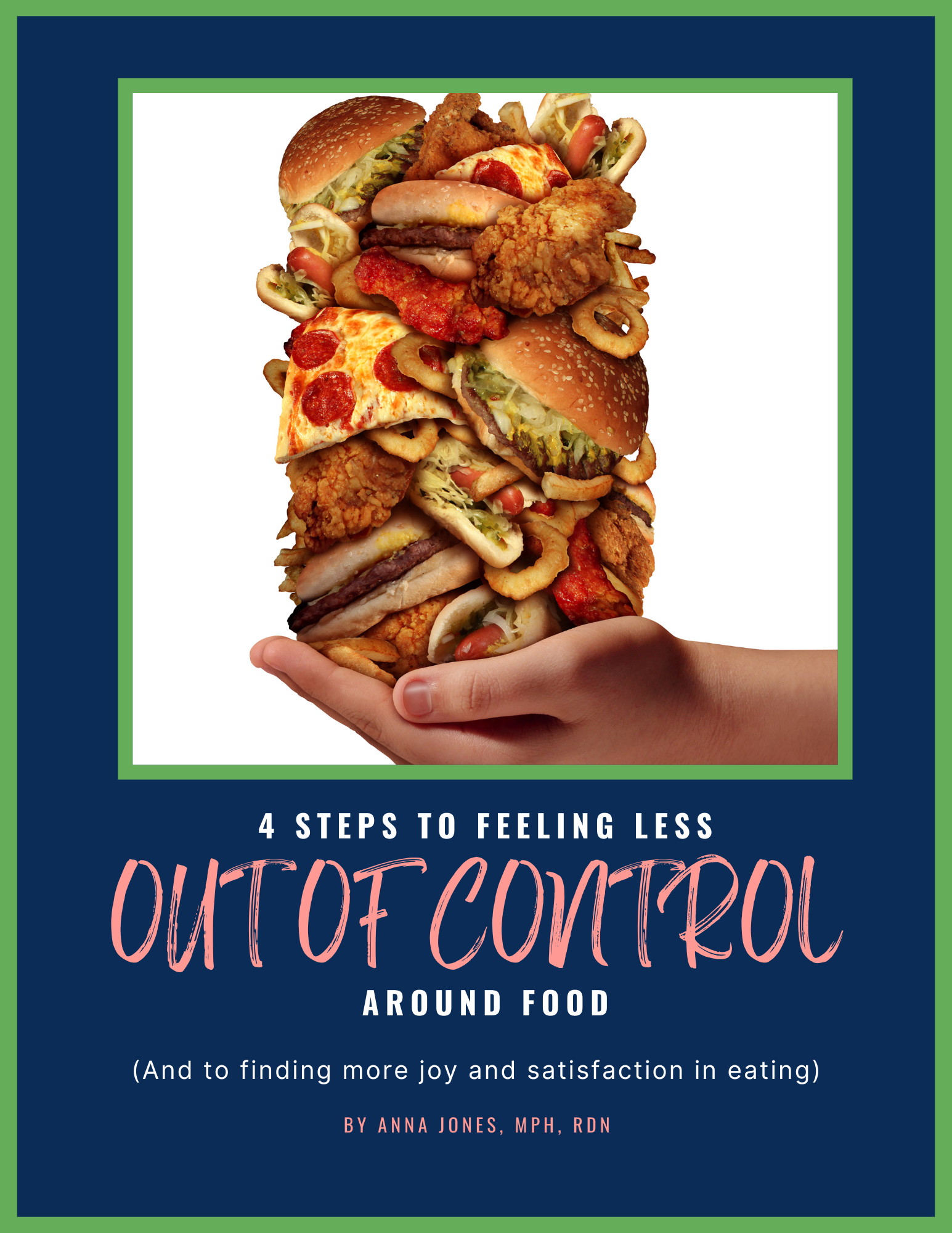
“This is it! I know I lost weight this week. I exercised at the gym for an hour the last four days and I’ve been so good following the diet’s guidelines. I even reduced my calorie intake a bit this week compared to last week. There is no way I did not lose any weight…” You nervously step on the scale and look down. Staring at you is the same number from last week. You. Are. DEVASTATED. This is the fourth week in a row that you have not lost any weight.
You look in the mirror and immediately feel like a failure. “I don’t understand what’s happening. I’m doing everything I’m supposed to do. I’m putting all this time, energy, and effort into losing weight. Yet somehow, I cannot seem to get this weight off. I must be doing something wrong.”
How many times have you felt like this example? How many times have you given a diet 100% of your time, energy, and effort only to not reach your weight loss goal? How many times have you felt like a failure because you cannot seem to lose weight?
You are NOT a failure.
THAT DIET FAILED YOU.
If you look at the diet failure statistics, you will see they are quite astounding. Did you know that the percentage of diets that fail is 95%? In fact, 33%-66% of the total weight lost by an individual is gained back in the first year1. By the time five years roll around, most people have gained back nearly all the weight they originally lost…and then some1.
Honestly, that makes sense, because the diet industry is an INDUSTRY after all. Their goal is to make money. In 2019, the diet industry was worth $72 billion, up from the previous year2. To keep making a profit, they need to continue selling you a product- aka their diet. If diets were meant to work for long-term weight loss, you would simply buy a diet once, lose the desired amount of weight, and then move on with your life as a satisfied customer. But if you were a satisfied customer (meaning you lost weight and kept it off for the rest of your life), what would motivate you to continue buying their product? See where I am going here?
Furthermore, there are social, psychological, and physiological reasons why diets don’t work. Let’s dig deeper into what those reasons are and how they may be impacting your health goals.
5 Reasons Why Diets Don’t Work Long-term
1. Diets require you to make a ton of changes to your food choices and lifestyle habits all at once.
Most diets ask that you significantly reduce your overall calorie intake, decrease how much carbohydrates and/or fat you eat, avoid processed foods, switch to drinking calorie-free drinks, and begin exercising at least 4-6 days per week- ALL IN THE SAME WEEK. That is a lot to change all at once! Incorporating this “new lifestyle” can be really overwhelming and frustrating, reducing your motivation to maintain those changes over time.
2. Diets do not take into consideration your unique needs and preferences.
The average low-calorie diet is not going to provide you with enough energy to complete your daily activities. Likewise, that low-carb, low-fat diet is going to eliminate some (if not many) of your favorite foods from your diet. This can cause eating to feel less enjoyable and satisfying, making following that diet far more challenging.
3. Life happens.
Chances are, you’ll be invited to birthday parties, holiday celebrations, or lunches with friends. These social interactions typically involve food. Unless you bring your own food, these activities may lead to feelings of guilt if you eat foods not allowed on your diet. Or you might find yourself avoiding these social interactions all together to avoid “failing” your diet. It is really difficult to sustain diets that do not allow you to enjoy spending time with friends and family without being worried about food.
4. Diets do not teach you what to do once it ends.
Let’s say you followed a low-calorie, low-carb diet for the last twelve weeks. You reached your desired weight goal and want to stop dieting. Now what? Do you increase your calorie intake? If so, what is your new calorie goal? What types of food do you include back into your life? Are you allowed to eat your favorite foods again? One of the biggest problems with dieting is that they do not teach you what to do after the diet ends. Answer honestly, what have you learned from diets other than a long list of foods to fear?
5. Your body fights against losing weight.
Your body does not know the difference between intentional dieting and starvation. When you begin to reduce your calorie intake, it thinks you do not have access to enough food. As a result, your metabolism slows down to reduce the amount of energy (aka calories) your body uses to complete your daily activities- think walking to your car, taking a shower, changing your clothes, etc. In addition, your body sends out a bunch of signals (via hormones) to make you crave more carbohydrates and to eat more food. The longer you push off eating, the more these signals increase over time- making your cravings and hunger so much harder to ignore.
When it comes down to it, diets are designed to fail. They’re not meant to work in the long-term. To create sustainable lifestyle changes to help you reach your health goals, it is important to focus on 1-2 small changes at a time. Trying to change all over your behaviors at once is understandably frustrating and overwhelming. For more information about why diets don’t work, please check out my newest YouTube video linked here.
References:
1. Dulloo, A. and Montani, J., 2015. Pathways from dieting to weight regain, to obesity and to the metabolic syndrome: an overview. Obesity Reviews, 16, pp.1-6.
2. WIRE, B., 2020. The $72 Billion Weight Loss & Diet Control Market In The United States, 2019-2023 – Why Meal Replacements Are Still Booming, But Not OTC Diet Pills – Researchandmarkets.Com. [online] Businesswire.com. Available at: <https://www.businesswire.com/news/home/20190225005455/en/72-Billion-Weight-Loss-Diet-Control-Market> [Accessed 10 September 2020].



